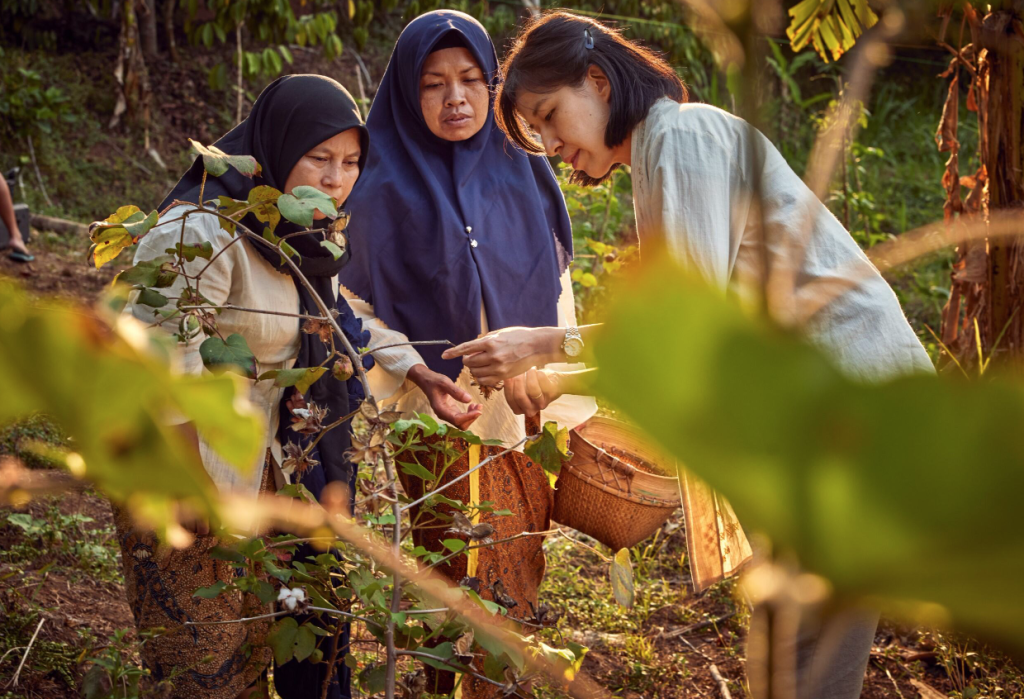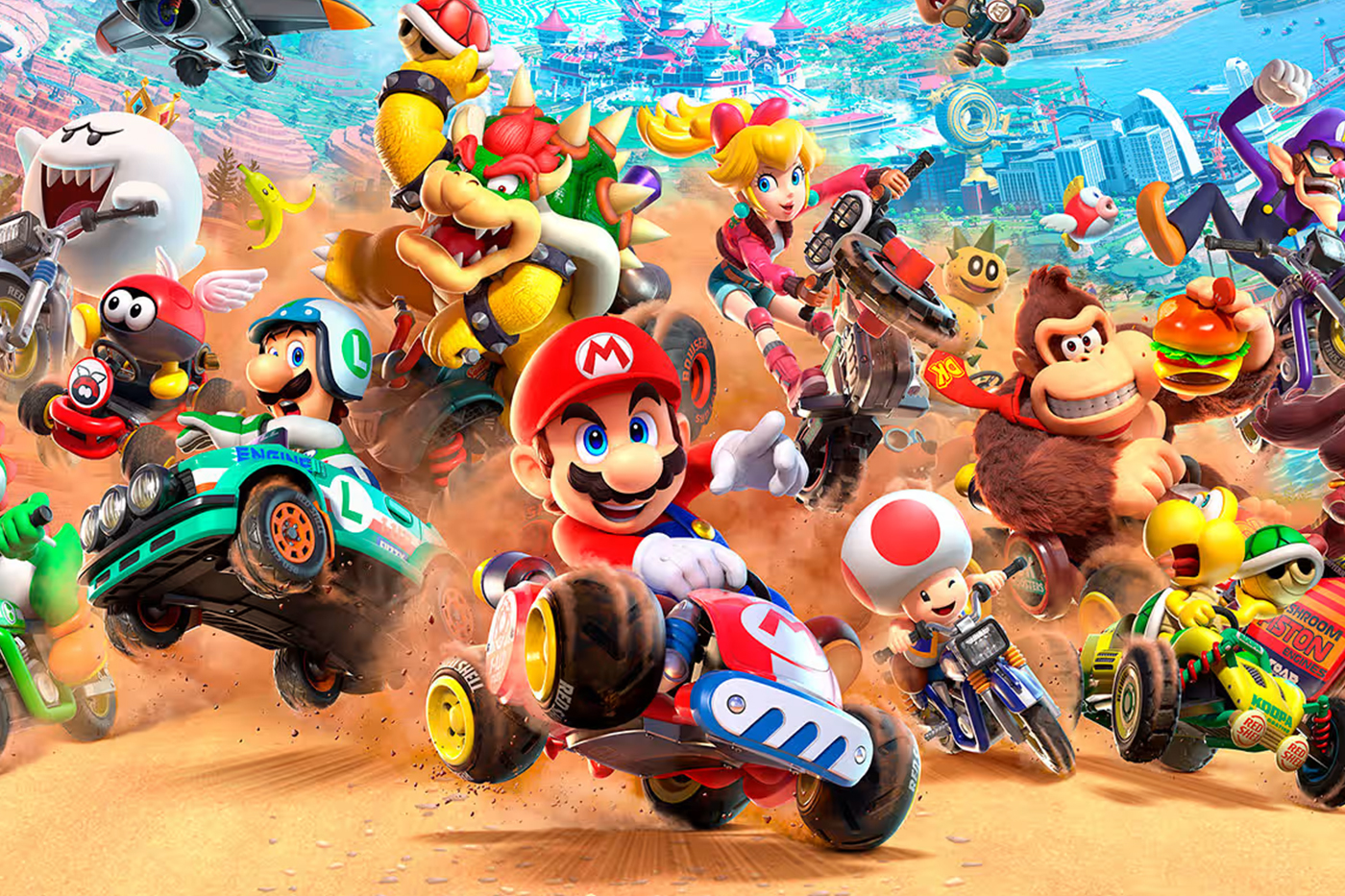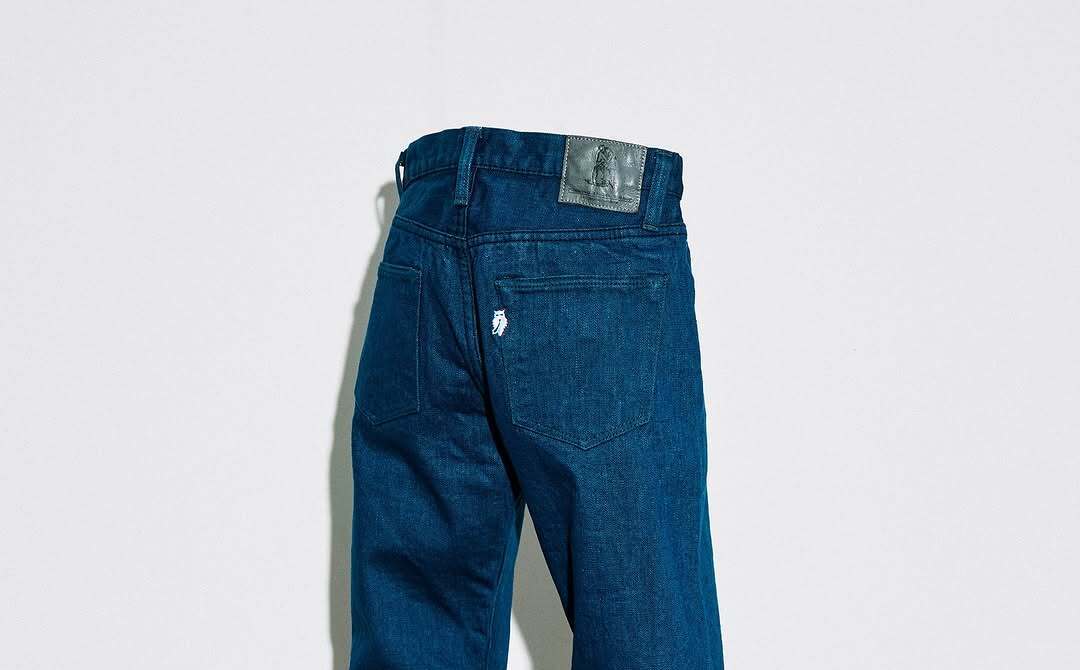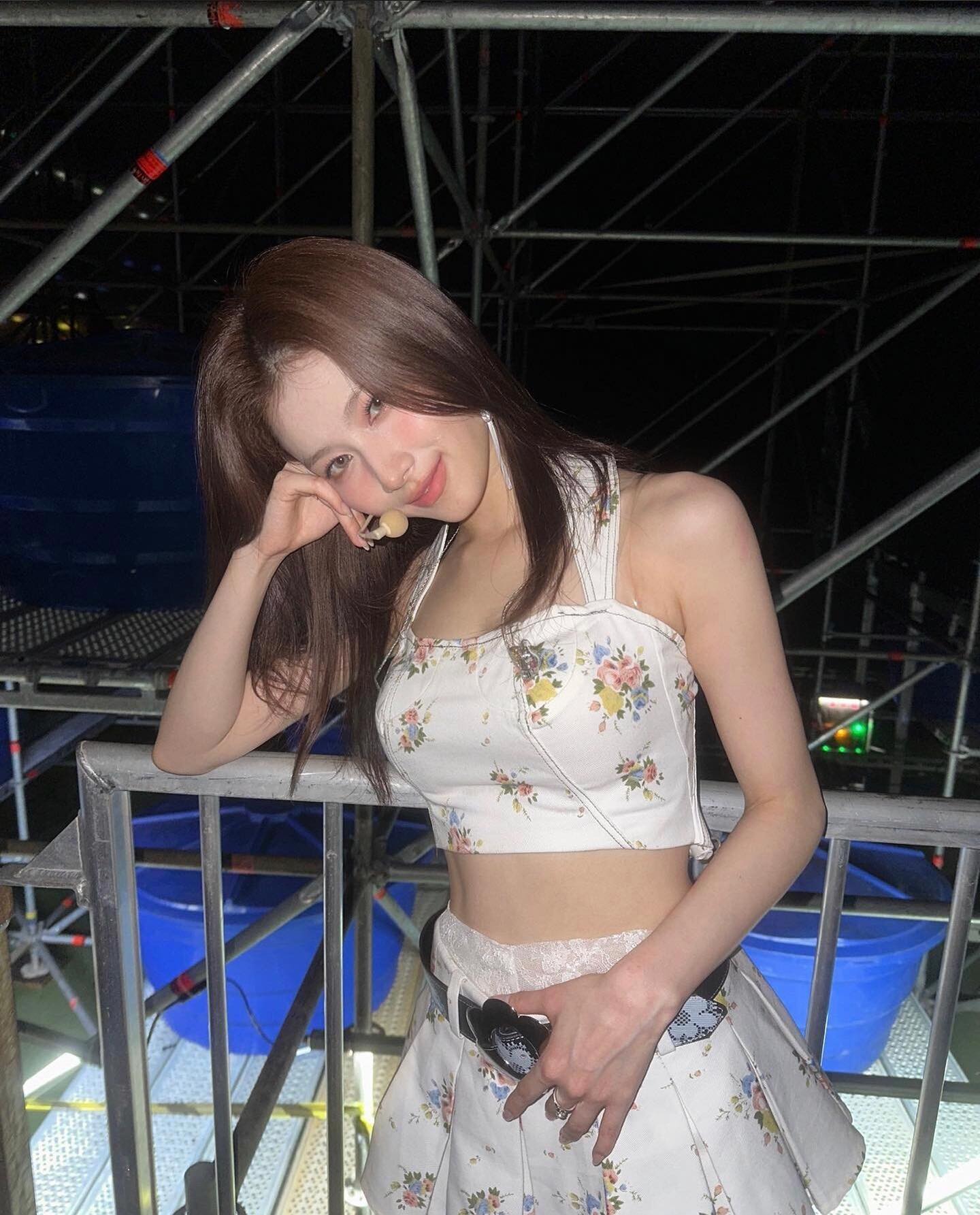With support from the 2023 Rolex Awards for Enterprise, Indonesian social entrepreneur Denica Riadini-Flesch is simultaneously empowering rural women and tackling environmental issues with her unique farm-to-closet project, SukkhaCitta. She talks to Stephenie Gee

Raised in urban jakarta, Denica Riadini-Flesch didn’t really know where her clothes came from. That was until her work as a development economist led her to villages in the countryside. “There I met the women who make our clothes. Women who have practiced this craft over generations, and it was so beautiful. But at the same time, I couldn’t help but notice how they were struggling,” she tells me. Indonesia is one of the world’s largest clothing manufacturers, but less than 2% of its garment and textile workers – the vast majority of whom are women – earn a living wage.
“These were women who worked over 12 hours but were barely able to survive. And that was really when I realised that I wanted to build a bridge. I wanted to connect consumers from all over the world with these remarkable women who are connected with us through the very shirt that we wear.”
So, in 2016, SukkhaCitta – a wordplay on sukacita, meaning “joy” in Bahasa – was born, a farm-to-closet social enterprise that stands out for its commitment to creating meaningful clothing with a deep-rooted connection to the community and the environment. By connecting them with a global market, Riadini-Flesch is helping women artisans to thrive. The schools that she has built, called Rumah SukkhaCitta, provide young women with a place to work and hone their craft, ultimately enabling them perpetuate their indigenous culture.
This is the project that has earnt Riadini-Flesch a place as one of the five laureates of the 2023 Rolex Awards for Enterprise, now part of Rolex’s Perpetual Planet Initiative. Since its establishment in 1976, the Rolex Awards for Enterprise has provided support to 160 laureates spanning various fields who confront the major challenges facing the planet and develop innovative solutions. While originally intended as a one-time celebration, the recognition garnered by the awards has led to the creation of an ongoing programme. Every two years, five laureates are chosen by a panel of 10 esteemed experts, receiving project funding and joining the Rolex laureates network to foster ongoing collaboration.

You’re not a huge proponent of the word “sustainability”. Why?
First of all, there’s the fact that nobody actually really knows what it means. When we say sustainability, it’s so subjective that my definition will be different than yours. Because of that it creates a lot of confusion, to the point that today almost everything we’re buying is being marketed as “sustainable”. But what does it mean?
Secondly, if you think about the root word, to sustain means to keep perpetually what’s happening now. Which, for me, doesn’t actually make any sense. Because at the moment what we have is this linear extractive model where we take, make and then waste.
What is actually more productive is to use the term “responsibility”.
It is understanding that everything we make creates an impact, be it positive or negative. And what is unique about SukkhaCitta is because of our traceability that we’re able to really make choices that ensure that every single step doesn’t contribute to harming the planet, because ultimately when you don’t know where something is coming from, it’s not possible for you to guarantee that it doesn’t hurt the planet. We find ways through regenerative wisdom and from our indigenous communities to actually transform each step in ways that we can create more positive impact rather than just simply doing less harm.
Also see: #review: Is The Substance with Demi Moore a substantial watch?
Tell us about SukkhaCitta’s “farm-to-closet” concept.
Farm-to-closet is like farm-to-table, but for your clothes. It’s as simple as that. But I didn’t just wake up one day and come up with this idea. It’s really more this progressive journey going from problem to problem. In the case of SukkhaCitta, I started it because I felt this heartbreak of seeing the reality of life for the women who make our clothes, and I wanted to develop a solution. Then after I managed to solve that, it became about the environmental issues behind clothes. Namely, the amount of chemicals that are being used to dye our clothes, and how we can find solutions that already exist within nature. After that, it was going even further to the farm level, asking where these materials are coming from and how we can change the way they’re grown so that we can actively restore life back to the soil. That’s really the journey behind this farm-to-closet model. It’s just having the curiosity and openness and obsession to go deeper into a problem until you find the root cause, which is ultimately our economic model that’s hinging on this notion that more is always better. And this depreciates and devalues the products that we use in such a way that we don’t realise as a consumer that someone else, somewhere else, is paying for the true cost of our choice. In this case, it’s always the producers, the women who are making our clothes, the women in the villages who now have to bear the environmental and health impacts of these chemicals. So the idea is really that this model can become a beacon of hope, to prove that a different way forward is possible anywhere around the world. My hope is that it becomes an inspiration and it can be a movement that is applied in any sector, any country.

So SukkhaCitta is not just a brand, but a movement.
For me, a movement is something that spreads across all levels of society. And that’s why the collaboration with Rolex has been truly catalytic, because it’s bringing our story to such a wide audience that we wouldn’t be able to reach otherwise. That’s what I feel the world is currently lacking – we need more inspirations like this because ultimately we cannot become what we don’t see. But if we can be seen, our blueprint is visible to anyone. And that’s the thing. What I do, it’s not specific to Indonesia. It can be applied in Hong Kong and anywhere around the world. You just need the curiosity and openness to listen to the past, the humility to listen to those who have lived in harmony with nature over generations. And then seeing how we can actually implement this way of thinking in our everyday life. Ultimately, that’s the missing link. We’re so obsessed with economic growth but we don’t realise at what cost. And culture, I think, is the missing puzzle. Culture is not this crafty, beautiful thing. For me, it’s really about connection. And all over the world, there’s this way of life that’s grounded in connection where we feel connected to the community we come from. We have this sense of belonging and we take care of each other.
What about the clothes?
The first thing you notice about our clothes is that they’re timeless. That is because we have this farm- to-closet production model so we have to follow the seasons of the Earth, not the seasons of fashion. It has to be able to be worn by our customers who are located in urban centres all around the world. After that, you start recognising the colour, and the unique thing about SukkhaCitta is that 100% of our colours, from the deepest black to the brightest pink, is dyed using plants. And that becomes sort of the intro and the invitation for our customers to start reconnecting and go on a journey with us to understand the full story behind their clothes.
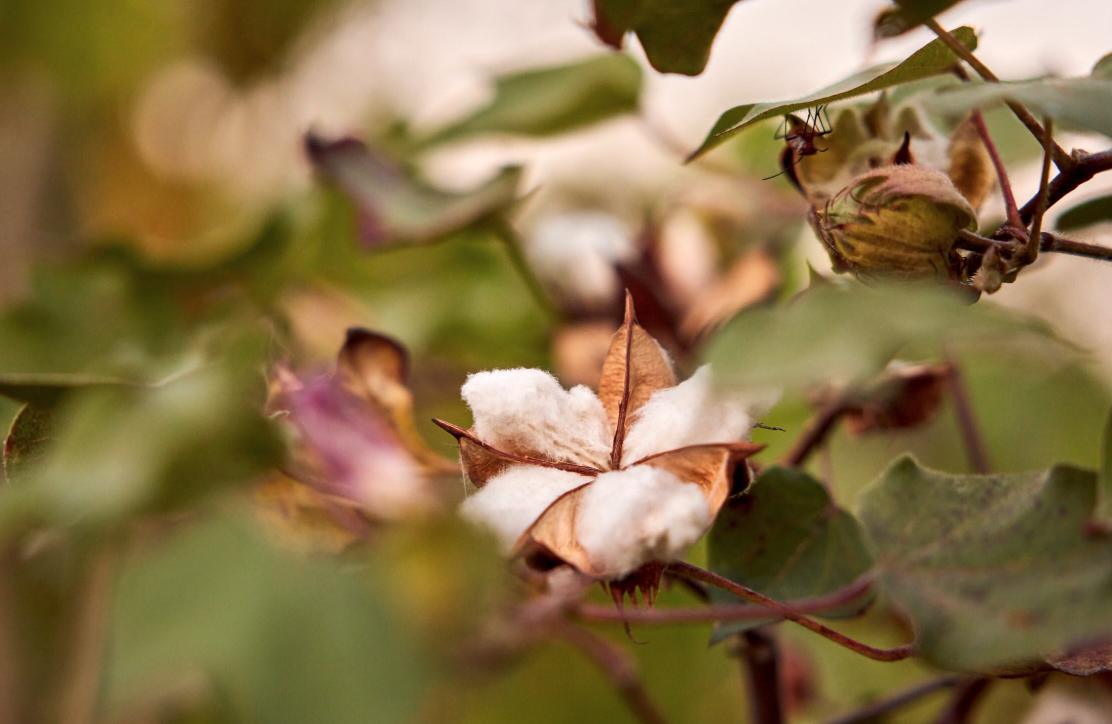
In what ways has the Rolex Awards for Enterprise supported you and SukkhaCitta? What have been the practical implications of winning the award?
I think the Rolex award has supported me through two main ways. The first is really amplification – that’s related to my own mission that I really want this to be a movement. Rolex basically finds changemakers who are pioneers and working on the ground to solve some of the biggest social and environmental challenges of our generation. And that gives us a mic almost to speak about what we believe in. When we do that, I feel that we give other people the permission to do the same. That there are these other nerds working around the world to defy conventions of society and really do what is right.
The second thing they’re supporting me with is scaling my proven model of regeneration. Through their support, we will actually scale our schools physically so that more young women can learn skills to lift themselves from poverty, while at the same time digitising our curriculum, because I believe that technology will make this model more scaleable and allow us to go to communities in eastern Indonesia and make sure that the indigenous wisdom of regenerative farming impacts more lives.
What’s next?
I think I will always just be a nerd, finding problems after problems. Right now, my focus is on scaling our farm-to- closet supply chain. That means working with farmers, finding them and training them in regenerative farming. That’s my life’s mission. And for me, that’s really why the Rolex award is so important, because it helps me to spread this message about how we all need to reconnect with the soil and find ways to actively restore it to the world. At the end of the day, SukkhaCitta is really not about fashion; it’s about this way of thinking where you really try to find problems and find solutions that already exist. And then you just keep doing that on repeat.
Also see: #review: Is The Queen of Villains on Netflix a stream or a skip?



